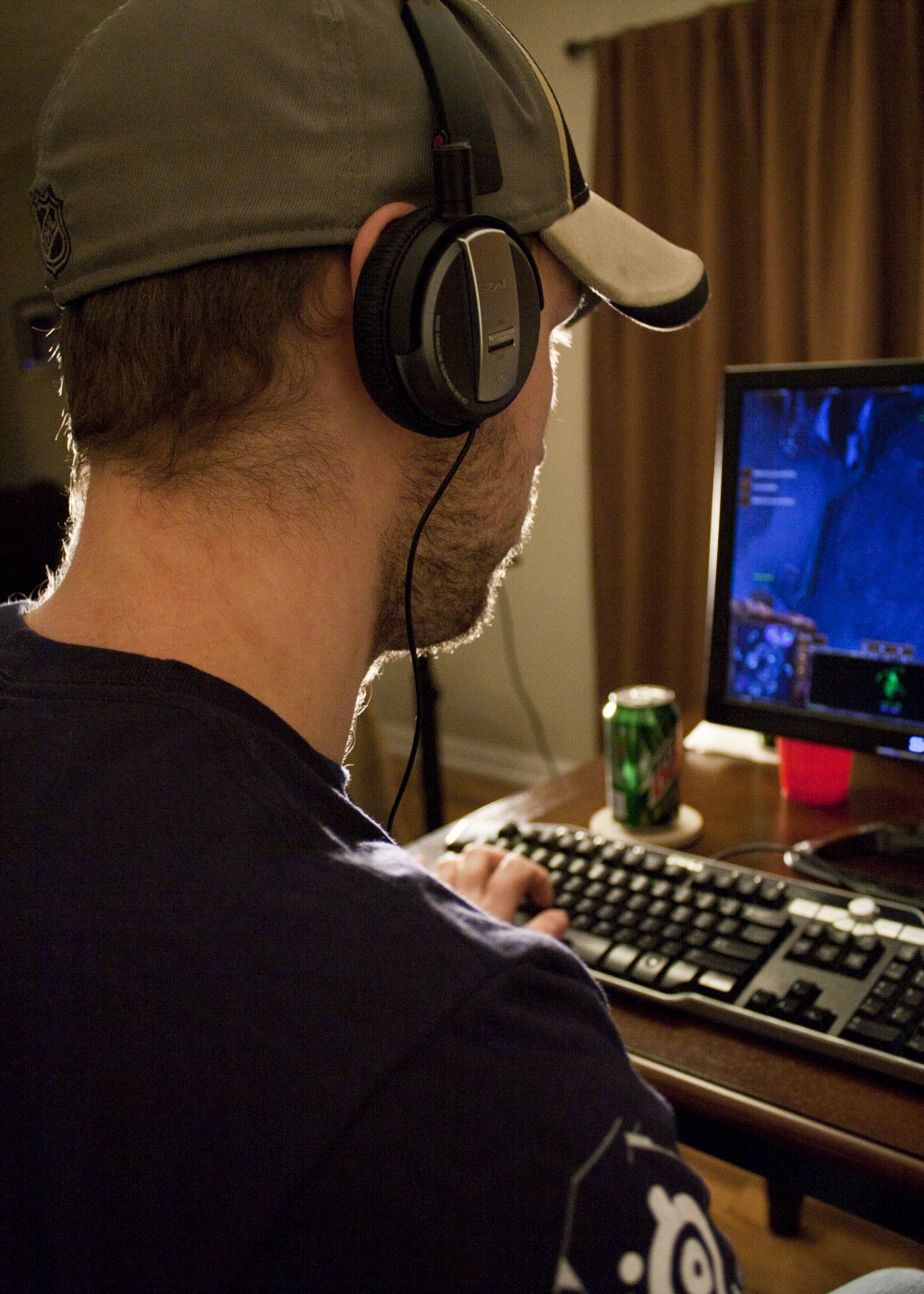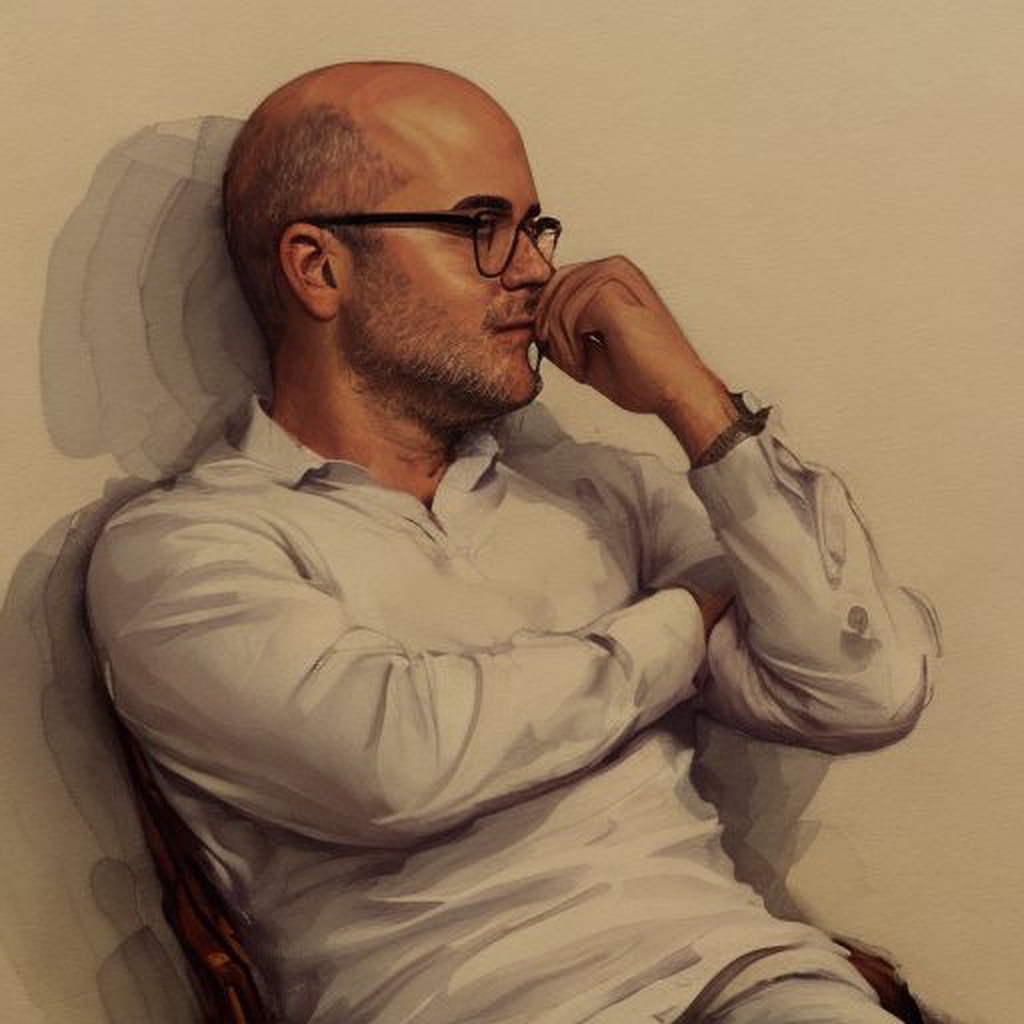
People Don’t Share Enough Gaming Experiences On Their CVs.
How multiplayer (e-)sports reveal natural leadership skills and team players.
Creating and maintaining a team to play online multiplayer games is challenging. First, you need to gather people who have what it takes to be team players, then you will have to navigate them through the good and bad times.
It’s all fun and laughter while winning games in the early days when your worst problem is getting some out-of-control egos in check, but things will change with time. It takes authentic leadership to guide everyone through losing streaks and hurting egos.
Keeping individuals together without the help of factors external to the game, like paying everyone a salary at the end of each month, just for the sheer delight of being better as team players than playing with random strangers, is an impressive achievement.
Some of the best leaders I had the pleasure of meeting in my professional life have a history of being team leaders in games. This is no coincidence.
Lessons from both the corporate world and in games
People come in with their heads filled with dreams of greatness. It’s no wonder since we have spent most of their youth passing them deceitful messages like anyone can do everything. The truth is achieving excellence takes a lot of hard work, and some people were born with better skills than others. Not everyone can fit in the team, not everyone has what it takes to be a leader, and even the best of us need help from time to time.
Mutual help goes a long way towards getting the best out of each team member. But, unfortunately, only real team players can contribute in the worst of times; most people soon find themselves in the trap of believing their teammates are dragging them down. Surely, it is not their fault; they are not the ones failing. Mama always said they were terrific; who are these people to tell him otherwise? They will drop out of the team at the first bump on the road.
Who do you want by your side in either a gaming or professional scenario? The team players or self-centered individuals? It’s a rhetorical question; we all know the answer.
Identifying team players over short conversations and correctly confirming them over time is skill gamers develop naturally. Another critical skill is finding where they fit in the team. Are they leaders? Are they shot-callers? Or are they much more comfortable and efficient at specific tasks and enjoy the benefits of having good leadership?
All these are tremendously beneficial for them in their professional life. As a result, I find myself digging deeper into candidates’ gaming history. What games they played, their perspective on the teams they participated in. Who leads whom. What were they good at. How long did that group stay together?
What sometimes appears in their hobbies information turns out to be crucial at better defining their personality. For example, I always value team (e-)sports.
The classic CVs give me a particular set of information; when talking to candidates, I am always focused on personal traits, on evaluating how they fit into a team environment.
For years, while building teams, we all played games at the office.
Even before having my own company, as an employee at “Esoterica”, we spent many hours playing games like Netrek (1988) and later “Quake”. I was just having fun and relaxing after business hours. I had no awareness of how playing games was creating bonds among everyone. How it was helping us be better as a team.
It is no joke. As I became aware of the importance of these team-building activities, I promoted playing games at the office for many years as the owner and manager of my own company. As a result, the office was opened on weekends, and employees were free to invite their friends to come over and play.
This was in the late 90s when RTS games were all the hype. First, “Red Alert” (1995) and “Starcraft” (1996) were the most played. Then, a few years later, “counter-strike” (1999) became one of the favorites.
I have seen future team leaders emerge from these sessions. I have seen people extending a hand to players that were having a hard time playing at the same level. I had seen people winning gracefully and being a good sport when they lost. I cannot understate how valuable this information was over the years. How much faster I got to know the people I worked with.
It is not much of a secret that the best team players in our games sessions were precisely the same in our working teams. The players who helped others improve their game helped others when real-world work problems appeared.
You will probably want to hear about those fantastic achievements in World of Warcraft, Eve Online, and other multiplayer games or sports in your job interviews. You will learn a lot about a person just by listening to its own recollection of what it means to belong to a team.




